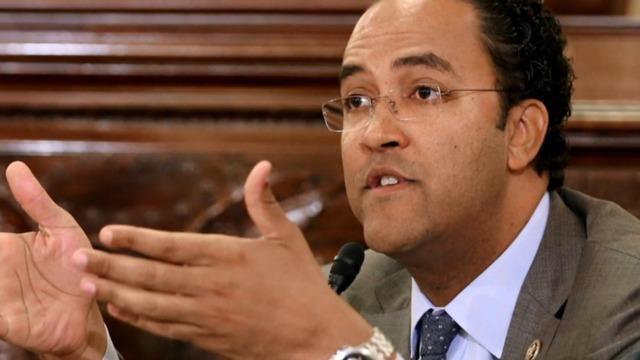
Rep. Will Hurd of Texas retiring
Rep. Will Hurd of Texas, the only African American Republican in the House, announced Thursday that he will not seek re-election. Hurd narrowly won reelection in 2018 in Texas' 23rd district.
Watch CBS News

Rep. Will Hurd of Texas, the only African American Republican in the House, announced Thursday that he will not seek re-election. Hurd narrowly won reelection in 2018 in Texas' 23rd district.
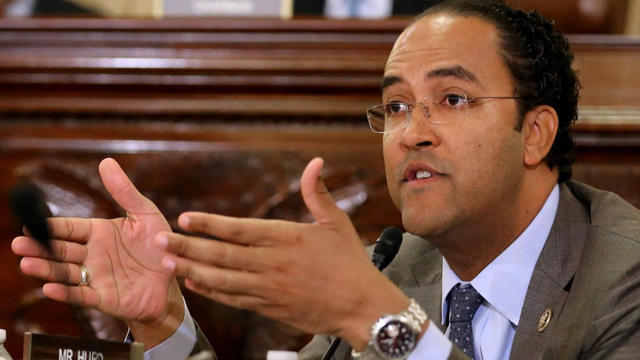
Rep. Will Hurd of Texas, the only black Republican in the House, said he will not run for reelection in 2020. Hurd is the sixth Republican in the last two weeks to say he won't try to return to the House. Julia Manchester of The Hill joined CBSN to explain why Hurd is stepping away.
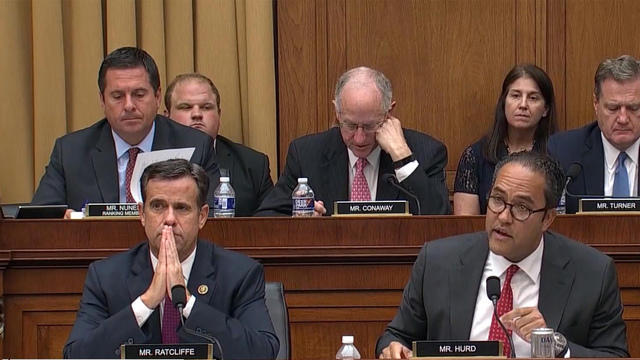
Rep. Will Hurd, the only African American Republican in the House of Representatives, says he's done with Congress. Danny Weiss, the former chief of staff to House Speaker Nancy Pelosi and a senior fellow at the Century Foundation, and Leslie Sanchez, a CBS News political contributor and Republican strategist join CBSN to discuss.
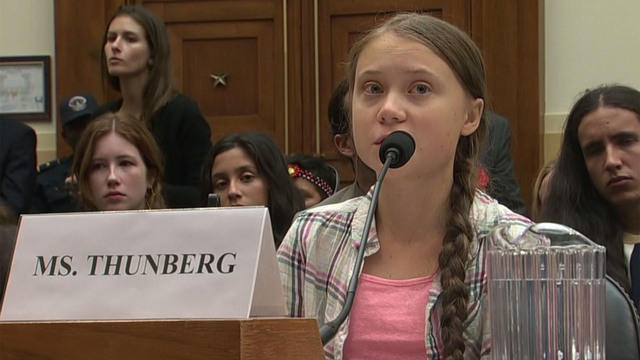
16-year-old Swedish climate activist Greta Thunberg told members of Congress we need to "start treating this crisis like the existential emergency it is." She came to the U.S. to lead protests and participate in a United Nations climate summit next week.
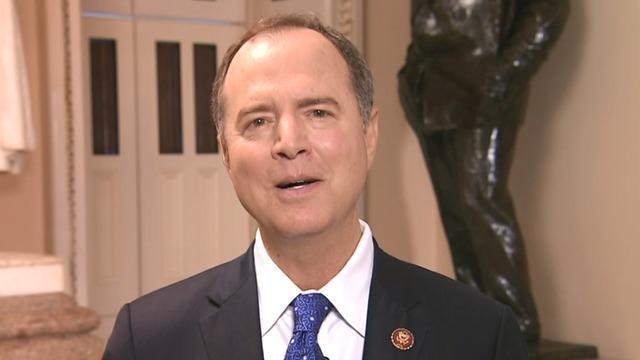
Congressman Adam Schiff, chair of the House Intelligence Committee, says the "standards have been lowered for this president." He joins CBSN AM from Capitol Hill to talk about the whistleblower complaint about President Trump's conversation with Ukraine's leader, and the impeachment inquiry into President Trump.
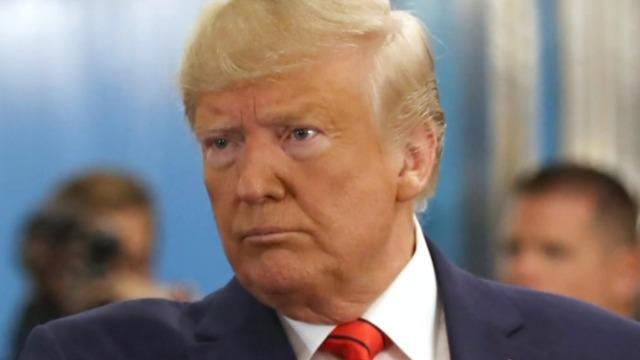
Donald Trump has criticized both Democrats and the whistleblower who raised concerns he may have used his office for political gain. CBSN political contributor and Democratic strategist Antjuan Seawright and Republican strategist Joseph Pinion joined CBSN to discuss how lawmakers in both parties are handling this week's impeachment news.
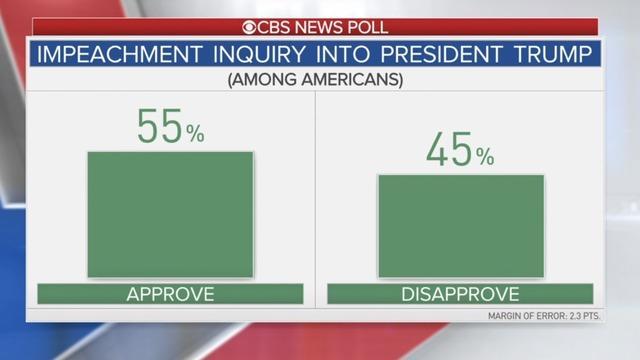
CBS News director of elections and surveys Anthony Salvanto joins "Red & Blue" with a look at his latest polling showing more than half of Americans approve of an impeachment inquiry into President Trump. He also discusses what Americans think will happen if the president is impeached.
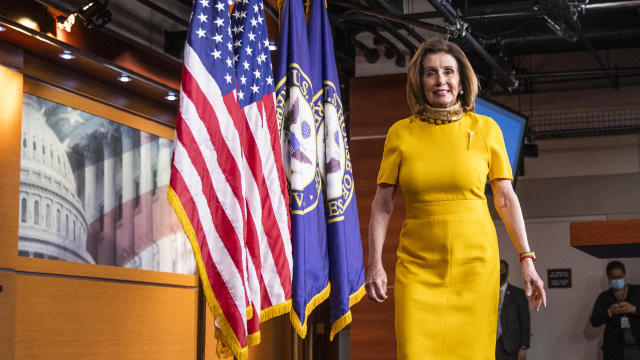
A public health emergency is in effect in the House due to the novel coronavirus
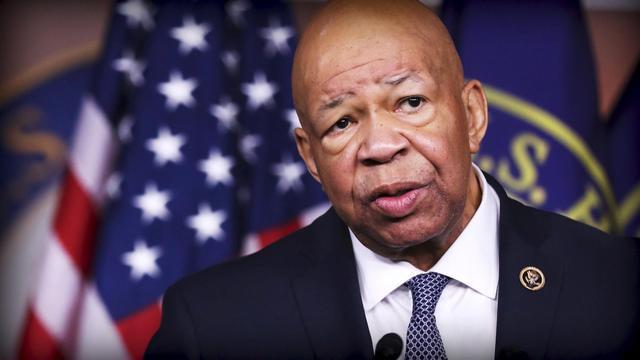
Maryland Rep. Elijah Cummings, a civil rights advocate and powerful voice, died early Thursday at the age of 68. Civil rights attorney Benjamin Crump, who knew Cummings for a decade and considers him a mentor, joins "CBS This Morning" to share about Cummings' legacy.
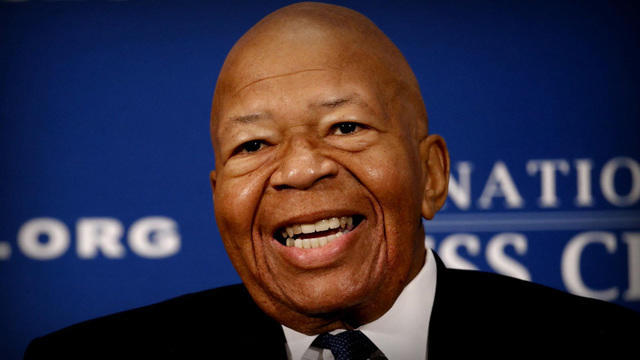
Elijah Cummings, a longtime Democratic congressman, died early Thursday at the age of 68. Nancy Cordes reports on the bipartisan outpouring of condolences.
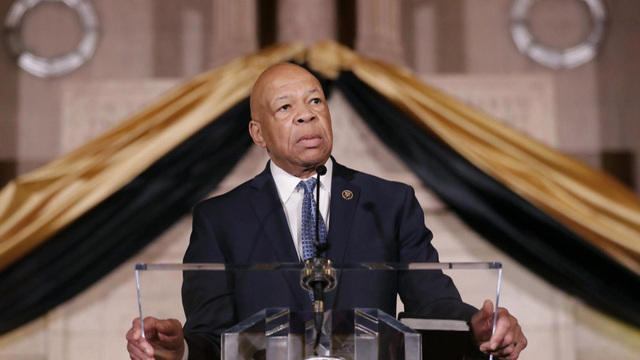
Maryland Rep. Elijah Cummings, a powerful voice among Democrats and chairman of the House Oversight Committee, died early Thursday at a hospital in Baltimore. The 68-years-old had faced a series of health issues. Cummings' committee is one of three leading the House impeachment inquiry. Nancy Cordes reports.
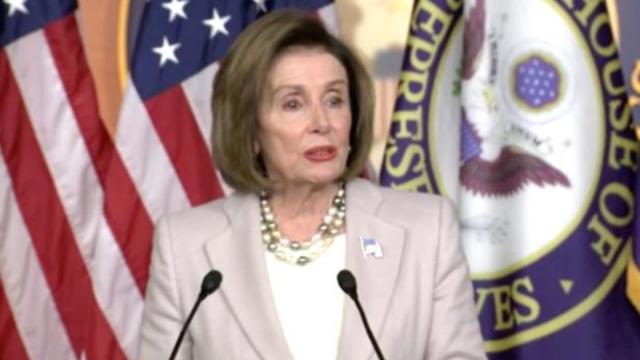
House Speaker Nancy Pelosi remembered Representative Elijah Cummings, who died Thursday, as someone who "lived the American dream" and "wanted it for everyone else." Cummings died at the age of 68 from "complications concerning longstanding health challenges," his office said.

Congresswoman Tulsi Gabbard, a Democrat from Hawaii, says she will not seek reelection to the House so she can concentrate on her presidential campaign. CBSN's Anne-Marie Green and Vladimir Duthiers have more.
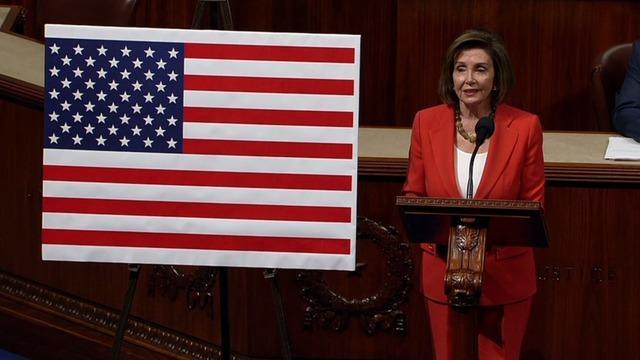
House Speaker Nancy Pelosi, standing next to a poster-sized American flag Thursday as lawmakers debated a resolution establishing the framework for the next steps in the impeachment inquiry, read from the preamble to the Constitution to lay out the stakes of the impeachment inquiry. Watch her remarks.
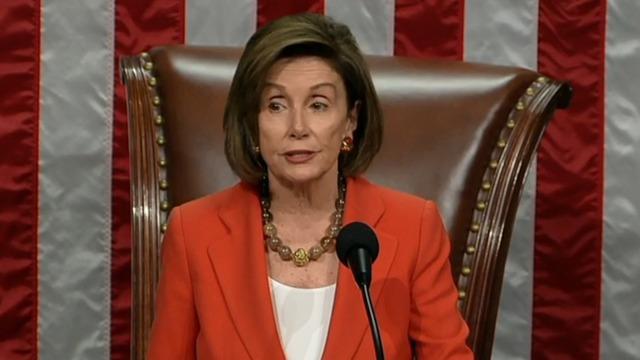
The House of Representatives voted along party lines Thursday to approve the rules governing the next steps in the impeachment inquiry, ushering in a new phase of the investigation that poses the greatest threat to the Trump presidency to date. CBSN anchor Reena Ninan has the latest.
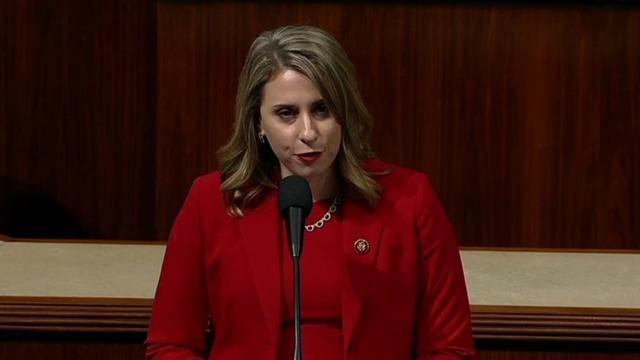
In her final speech in Congress, California Democrat Katie Hill spoke about the sexual misconduct allegations and leaked personal photos that prompted her resignation. She called it "the dirtiest gutter politics that I've ever seen."
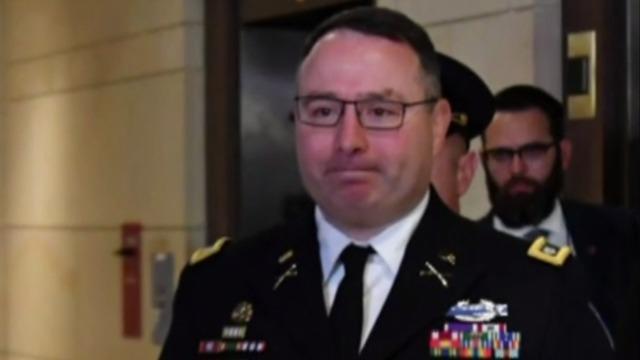
CBS News chief Washington correspondent Major Garrett and chief congressional correspondent Nancy Cordes join CBSN to recap the recent developments in the impeachment inquiry against President Trump.
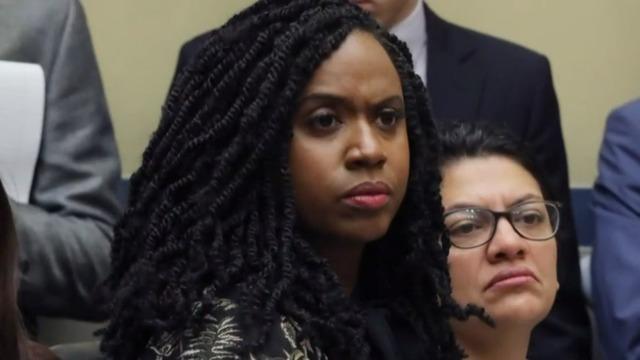
Susan Dominus, staff writer at the New York Times Magazine, joins CBSN's "Red and Blue" to discuss her experience following Representatives Ayanna Pressley and Abigail Spanberger for the last year.
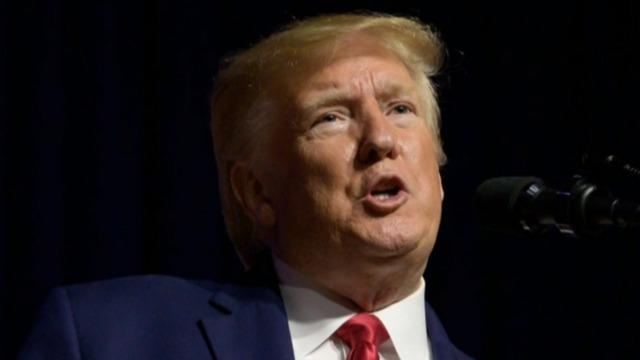
Washington Post reporter Sarah Ellison joins CBSN's "Red and Blue" to discuss her reporting on Pam Bondi and Tony Sayegh's efforts to run President Trump's "anti-impeachment spin factory."
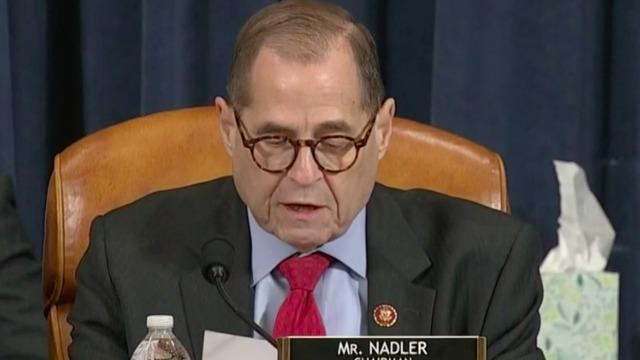
The House Judiciary Committee voted along party lines to approve the two articles of impeachment against President Trump for abuse of power and obstruction of Congress. The vote Friday morning took roughly seven minutes, following an entire day of debate Thursday. The articles now go to the full House for a vote next week. Watch how the vote unfolded.

The full House of Representatives will vote this week on whether or not to impeach President Trump. This comes after the House Judiciary Committee released a new report that Democrats say makes the case for impeaching the president based on his abuse of power and obstruction of Congress. CBS News chief congressional correspondent Nancy Cordes joins CBSN with the latest.
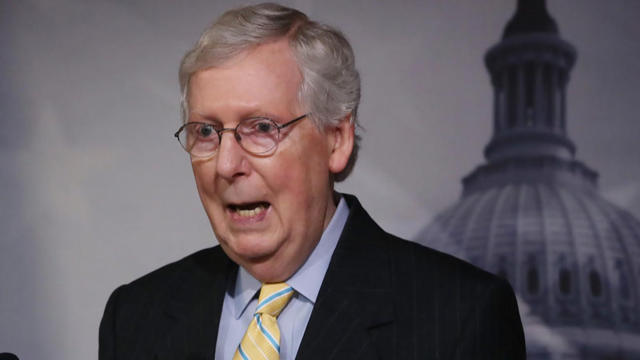
The House of Representatives is expected to vote on two articles of impeachment against President Trump on Wednesday, as leaders begin preparing for a Senate trial. CBS News correspondents Nancy Cordes and Paula Reid join CBSN for a closer look.
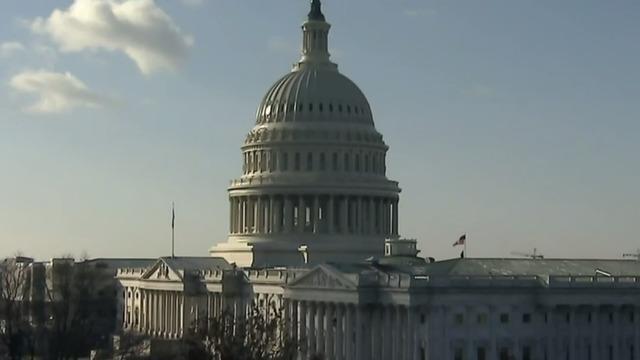
The full House of Representatives will vote Wednesday on whether to impeach the 45th president of the United States, and several moderate Democratic and Republican members are being watched closely. CBS News chief congressional correspondent Nancy Cordes joined CBSN to explain the latest developments.
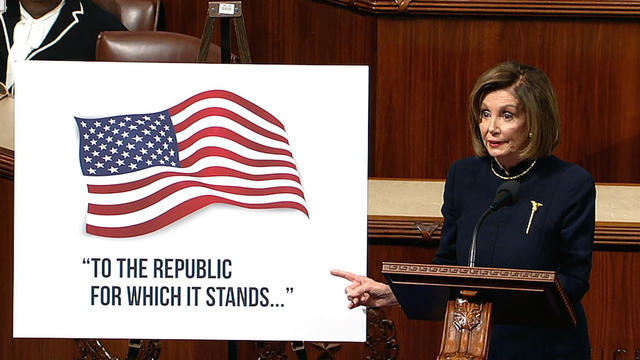
Speaker Nancy Pelosi gave a brief address from the floor of the House at the outset of debate over the two articles of impeachment. "Very sadly, now our founders' vision of a republic is under threat from actions from the White House," she said. "If we do not act now we would be derelict in our duty."
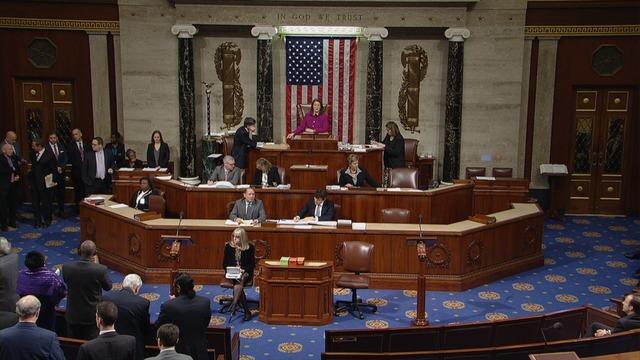
The House of Representatives on Wednesday approved two articles of impeachment against President Trump. CBSN contributors Leslie Sanchez, Molly Hooper and Antjuan Seawright join Elaine Quijano to discuss what's next in the impeachment process.

Trump administration officials have proposed a 28-point peace plan designed to end the Russia-Ukraine war — a framework that would require Ukraine to give up territory and swear off NATO membership.
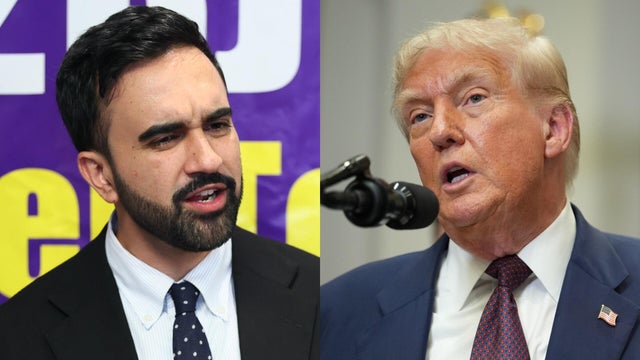
President Trump has called Zohran Mamdani "my little communist mayor." Mamdani has vowed to "Trump-proof" New York City. Today they meet at the White House.

While the U.S. has taken part in previous iterations of the military exercise, this year's U.S. footprint was smaller as allied nations are pressed by the Trump administration to put more into European defense.
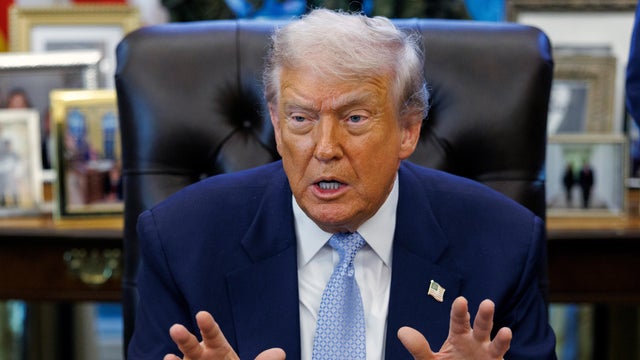
President Trump posted on social media that Democratic lawmakers who urged members of the military to disobey illegal orders should be arrested and face trial for "seditious behavior."
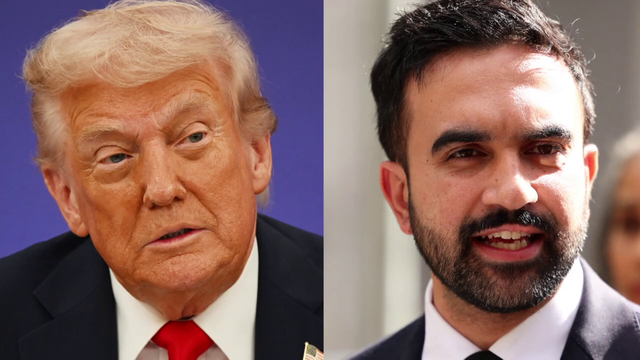
New York City Mayor-elect Zohran Mamdani is set to meet with President Trump on Friday afternoon, where he plans to discuss affordability.
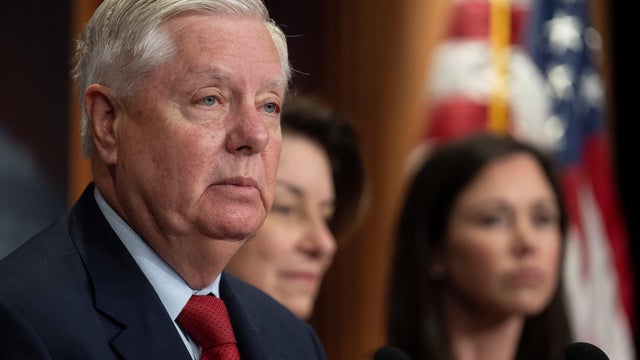
Sen. Lindsey Graham blocked a Democrat-led effort to approve a House-passed measure to repeal a controversial provision that allows senators to sue for $500,000 if federal investigators search their phone records without their knowledge.

When researchers carefully lifted the lid, they uncovered a complete skeleton surrounded by dozens of artifacts.

Adrienne Vaughan, 45, died after she was flung from the motorboat in the holiday hotspot in southern Italy in August 2023.

The latest abduction comes as the White House has expressed concern about ongoing violence against Christians in the West African nation.